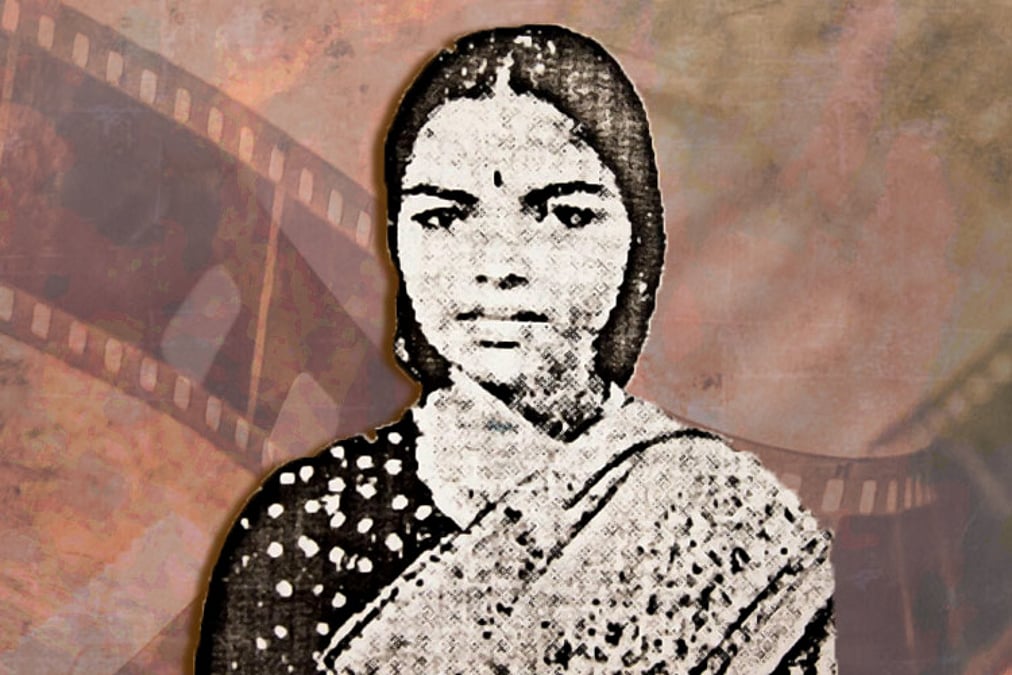PK Rosy holds a remarkable yet tragic place in Indian cinema history as the first female lead in Malayalam-language films during the 1920s. Despite her pioneering role in Vigathakumaran (The Lost Child), Rosy’s legacy was buried under the weight of harsh caste-based discrimination and social backlash that erased much of her contribution from public memory.
The Early Life of PK Rosy

Born Rajamma in the early 1900s in the erstwhile kingdom of Travancore (now Kerala), Rosy belonged to the Pulaya community, part of India’s Dalit caste — historically marginalized and oppressed. Despite societal restrictions and caste-based violence, Rosy dared to break barriers by entering the performing arts, supported by her theatre-artist uncle.
Breaking Barriers with Vigathakumaran
In the 1920s, Malayalam cinema was in its infancy, and women rarely appeared on screen. Director JC Daniel cast Rosy as Sarojini, the female lead in his film Vigathakumaran. Her role was groundbreaking, but Rosy faced brutal backlash because she was a Dalit portraying an upper-caste woman. The film premiere saw violent protests, with audiences outraged by a Dalit woman’s visibility and by scenes such as the hero picking a flower from her hair and kissing it.
The Aftermath: Social Rejection and Erasure
Following the film’s failure and the hostile reaction, Rosy and her family were barred from attending screenings and subjected to harassment. Rosy fled her home after an angry mob set her house on fire. To survive, she severed ties with her family, married into an upper-caste family, and lived the rest of her life in obscurity, never publicly reclaiming her identity as PK Rosy.
Her children refused to acknowledge her Dalit identity, further erasing Rosy’s legacy. Meanwhile, JC Daniel, burdened by debt and social stigma, never made another film despite being hailed later as the father of Malayalam cinema.
The Legacy of Caste-Based Trauma
PK Rosy’s story exemplifies the profound impact of caste oppression, showing how deeply societal discrimination can silence voices and erase histories. As Prof. Malavika Binny notes, the trauma stemming from caste marginalization can define and restrict lives for generations.
Reclaiming PK Rosy’s Legacy
In recent years, Dalit filmmakers and activists have sought to revive Rosy’s memory. Tamil director Pa Ranjith has established a film festival in her honor to celebrate Dalit cinema, while foundations and film societies work to bring attention to her pioneering role.
While Rosy prioritized survival over public recognition, her story remains a powerful testament to resilience amid systemic injustice. As her nephew Biju Govindan reflects, the failure to recognize Rosy publicly is society’s failure, not hers.
Learn More About India’s Film and Social History
Explore more on the history of Malayalam cinema, caste discrimination in Indian society, and Dalit women in arts and culture.